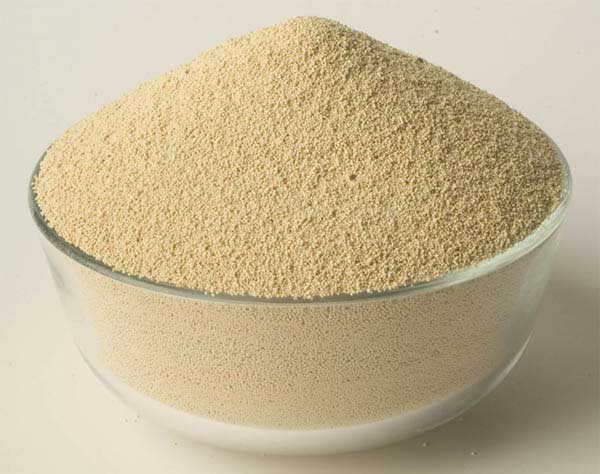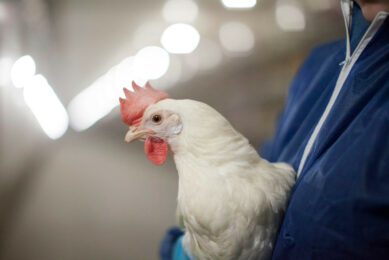Australia researchers developing test to improve pig & poultry feed

Scientists at the Department of Agriculture and Food in Western Australia are close to developing a new rapid computerised screening tool for pork producers to measure protein quality in imported soybean meal.
Principal researcher Jae Kim said the tool, expected to be developed by June this year, could also eventually be applied for the broiler/layer industry.
Dr Kim said the tool would enable producers to check the lysine quality in soybean meal, an important ingredient in the diet of young pigs.
“Lysine is the most important essential amino acid in pig nutrition,” he said. “A deficient or short supply of lysine hinders the utilisation of other amino acids needed for the efficient production of pigs. So it is important for producers to be able to precisely estimate the biologically available lysine in pig diets.
“Lysine is susceptible to heat damage during the processing and storage of foods, and although the damaged lysine can be digested and absorbed in the small intestine, it cannot be used for body protein synthesis and muscle growth.”
Dr Kim said conventional total amino acid analysis could not discriminate the heat damaged lysine, and so it overestimated the biologically available (reactive) lysine in a protein meal.
“With global soybean oil processing companies using varying processing conditions during the extraction of oil, the reactive lysine content in pig diets is highly variable,” he said. “Preliminary results showed up to 27% variation in reactive lysine content in collected soybean meal samples.”
Dr Kim said the new test, developed with funding from the Pork Cooperative Research Centre (CRC), would more accurately test soybean meals for lysine.
“We are currently collecting 200 soybean meal samples from all over the world to quantify the variability of reactive lysine content in soybean meal,” he said.
“This data will be used to develop a computerised screening tool for the rapid screening of reactive lysine content in soybean meal.
“Importantly, it will also be used for precise design of diets for monogastric animals such as pigs, and it could lead to the possibility of trading soybean meal based on protein quality in the future.”
The Commercialisation Manager of the Pork CRC Rob Wilson emphasised how important it was pork producers and their nutritionists to understand the extent of the variability in reactive lysine levels from soybean meals used in the feed industry.
“Adjusting ration formulations to take into account this variability will result in improved pig performance and ultimately productivity across the herd,” Dr Wilson said.
The new NIRS test will also complement other rapid grain quality testing developed by the Pork CRC and now offered commercially through AusScan and licensed laboratories around Australia.
Department scientists have been working on the project for nearly two years.
Related links:











